Yesterday (February 11) was the seventh day since Thailand stopped supplying electricity, fuel and internet to some areas in Myanmar near the border between the two countries, where online fraud gangs are operating.
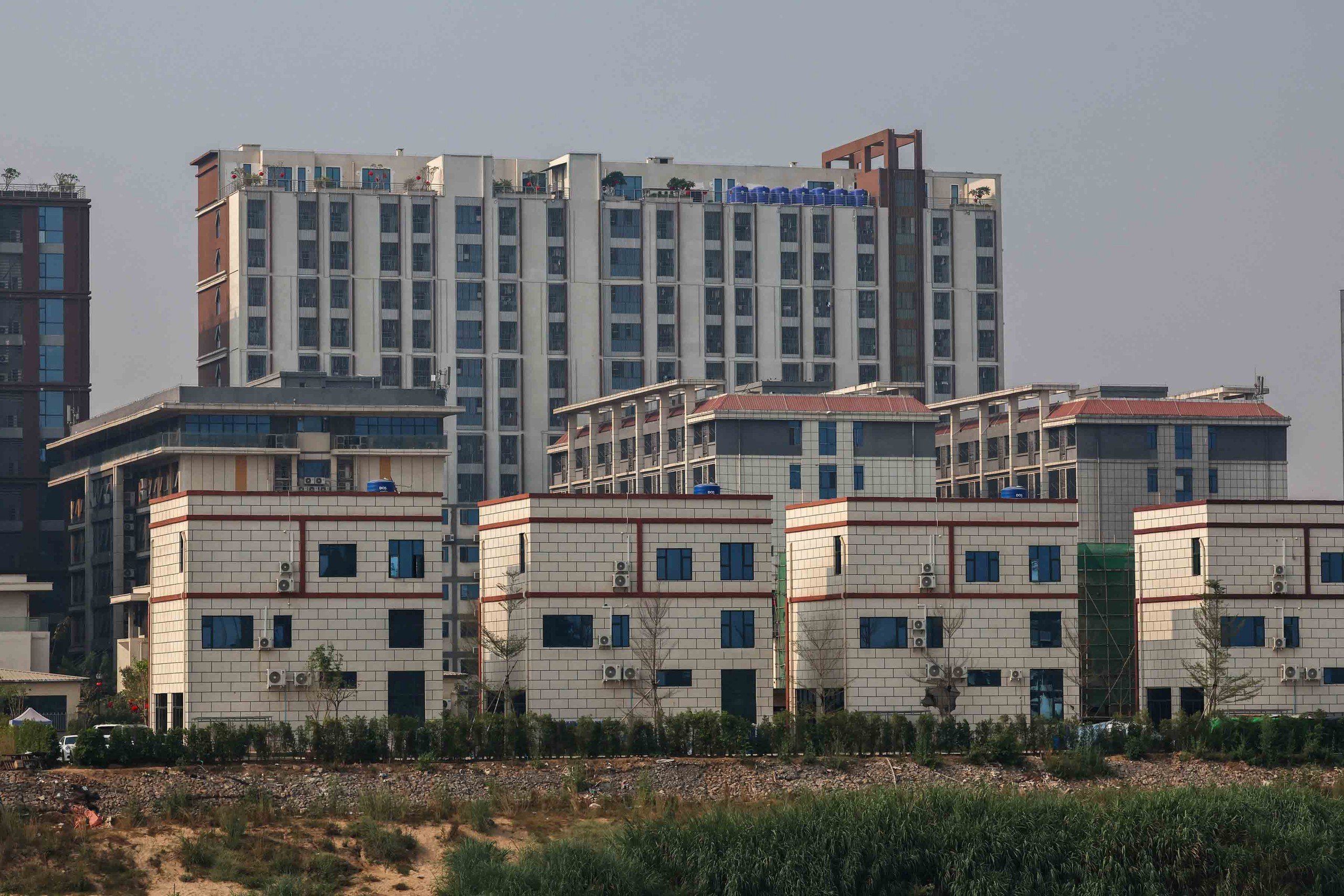
A casino, entertainment and tourism complex in Shwe Kokko township in Myanmar near the Thai border
The Bangkok Post quoted Thai Deputy Prime Minister and Defense Minister Phumtham Wechayachai as emphasizing his determination to implement the above measures and saying that Thailand will not be deterred by local opposition in Myanmar. Thailand's move reflects efforts to deal with the increasingly complex dens of phone and internet fraud in Southeast Asian countries.
Fraud centers
According to a recent report by the Center for Strategic and International Studies (CSIS, USA), the scam dens that took root after the decline of the gambling industry in Southeast Asia and are linked to Chinese criminal gangs. After the lockdown during the Covid-19 pandemic, many empty casinos and hotels have turned into online scam centers where human trafficking victims have been lured and coerced to defraud billions of dollars from many people.
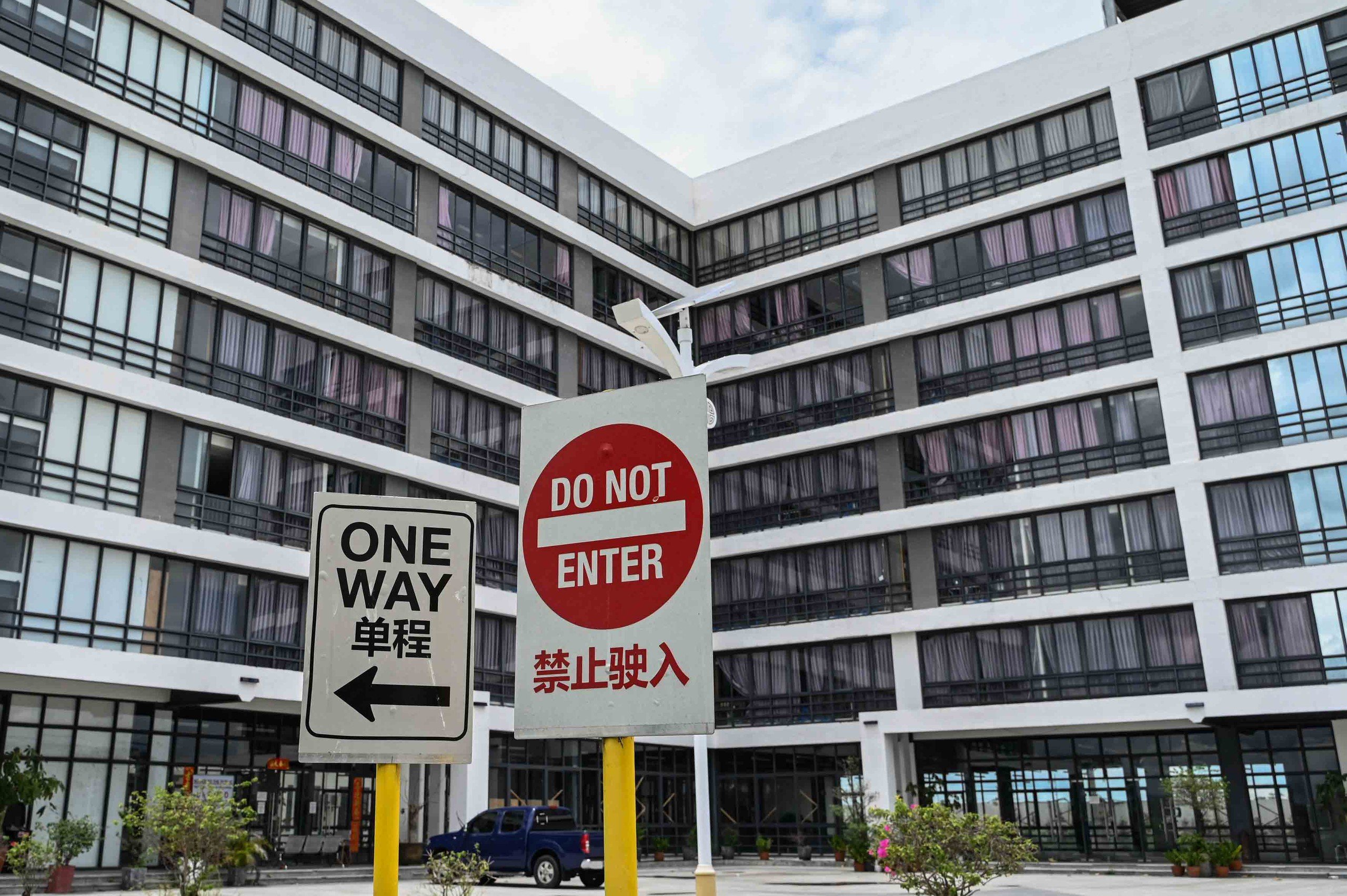
An area inside the scam center in Bamban town (Tarlac province, Philippines)
The traffickers often lure job seekers into these scams by responding to fake job postings in customer service, information technology, and computer programming. Traffickers pose as recruiters and target victims whose technical or language skills they can exploit. When victims arrive, their passports are confiscated, they are locked in high-security areas, and forced to commit online fraud. The danger is that even when gangs are dismantled, they quickly move their operations and learn from their mistakes to become more sophisticated, according to CSIS.
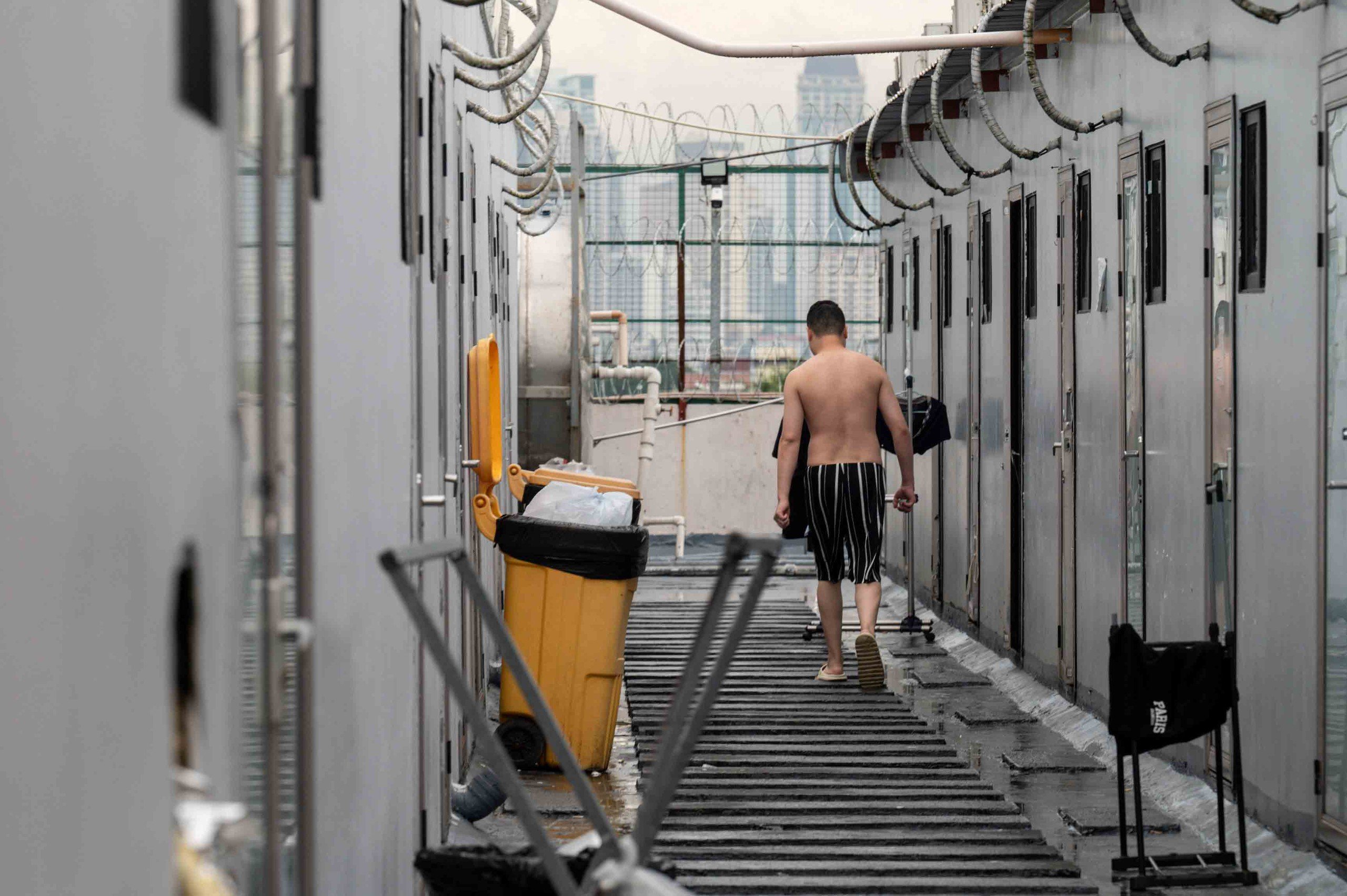
A detention center at a fraud center in Manila was raided by police.
Efforts to destroy
According to The Nation, the above-mentioned power cut in Thailand has been effective when criminals on February 9 released more than 100 people to Mae Sai district (Chiang Rai province, Thailand) due to power shortage. On the same day, in Kayin state (Myanmar), the opposition armed group called the Democratic Buddhist Karen Army (DBKA) issued a statement asking Chinese citizens running casino and food businesses in Phaya Thonezu town in this state to leave before February 28, in order to prevent fraud groups from operating. Previously, on January 21, the Myanmar military government said it had deported more than 53,000 people to China since October 2023, on suspicion of being involved in online fraud.
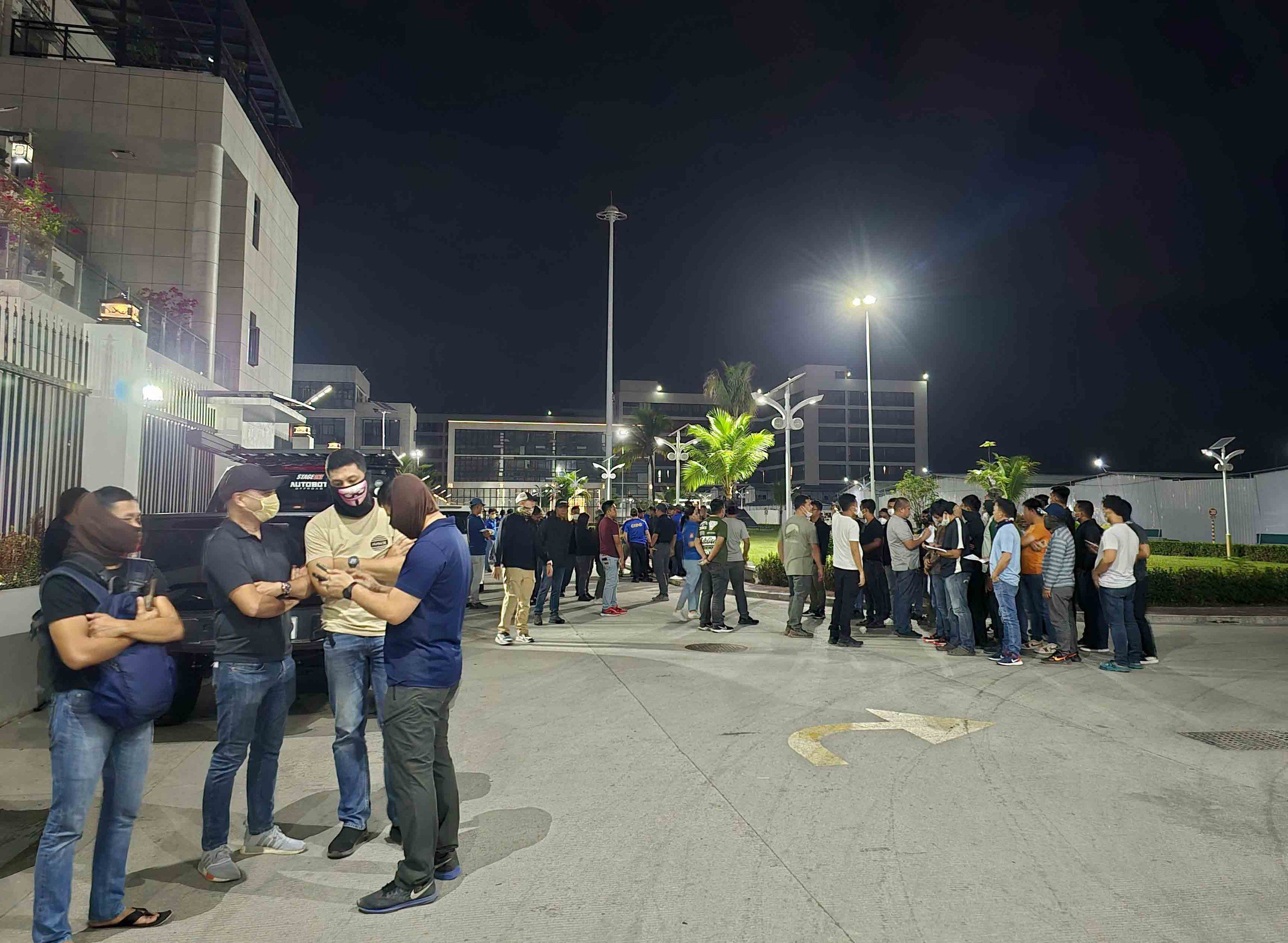
Operation to destroy a fraud center in Bamban town (Tarlac province, Philippines) in March 2024
In Laos, the Indian Embassy said on January 27 that it had rescued 67 Indian youths who had been lured into scam centers in the Golden Triangle Special Economic Zone in Bokeo province. The Indian Embassy said that so far 924 Indian citizens have been rescued, of whom 857 have been repatriated.
Notably, in March 2024, Philippine police raided a large fraud center, rescuing a total of 57 Vietnamese, 432 Chinese, 371 Filipinos, 8 Malaysians, 3 Taiwanese, 2 Indonesians and 2 Rwandans who were victims of forced online fraud. According to AFP, citing Philippine police, the fraud center was a 10-hectare complex in Bamban town, disguised as an online gaming company. In August 2024, Philippine police continued to destroy another fraud center in Manila, rescuing 67 foreigners and arresting 2 Chinese who owned and operated the facility registered as an online gaming company.
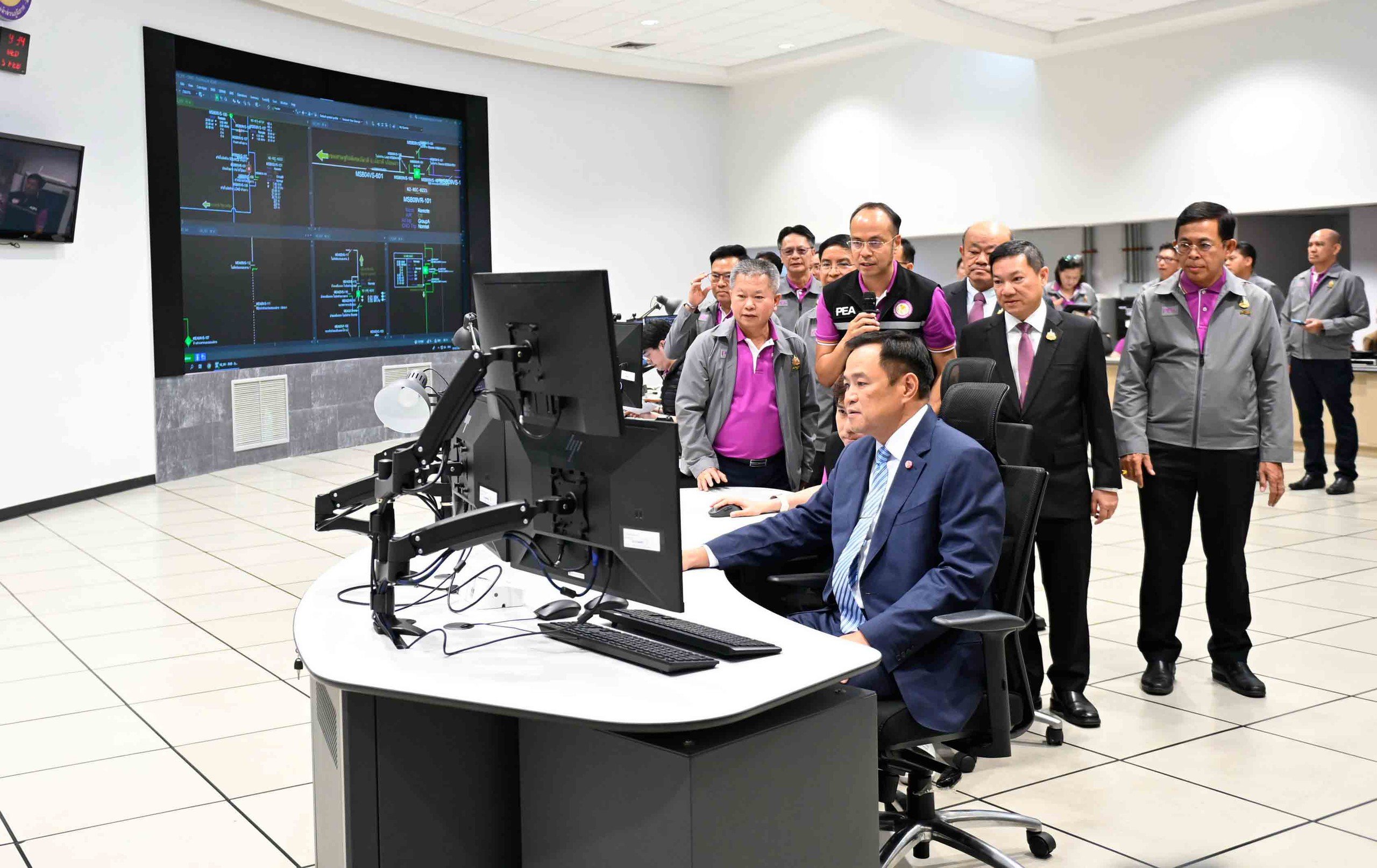
Thai Deputy Prime Minister Anutin Charnvirakul directly ordered the power cut to five border areas with Myanmar on February 5.
When Chinese President Xi Jinping met with Thai Prime Minister Paetongtarn Shinawatra in Beijing on February 6, the two leaders pledged to crack down on online fraud gangs that are rampant in Southeast Asia.
ASEAN promotes enhanced legal cooperation
The Khmer Times on February 11 quoted Malaysian Minister of Law and Institutional Reform Azalina Othman Said as saying that Malaysia, as the rotating chair of the Association of Southeast Asian Nations (ASEAN), is strengthening legal cooperation with other members of the bloc. Specifically, the enhanced cooperation focuses on legal reform and the establishment of a regional arbitration mechanism. Ms. Azalina emphasized the importance of a legal framework to support economic development, especially in areas such as cybersecurity, anti-corruption and business regulation. In addition, she noted that ASEAN has passed the Cybersecurity Act 2024 to enhance online safety, combat fraud and harmful content.
Source: https://thanhnien.vn/dong-nam-a-doi-pho-cac-o-lua-dao-cua-nguoi-trung-quoc-185250211214851358.htm


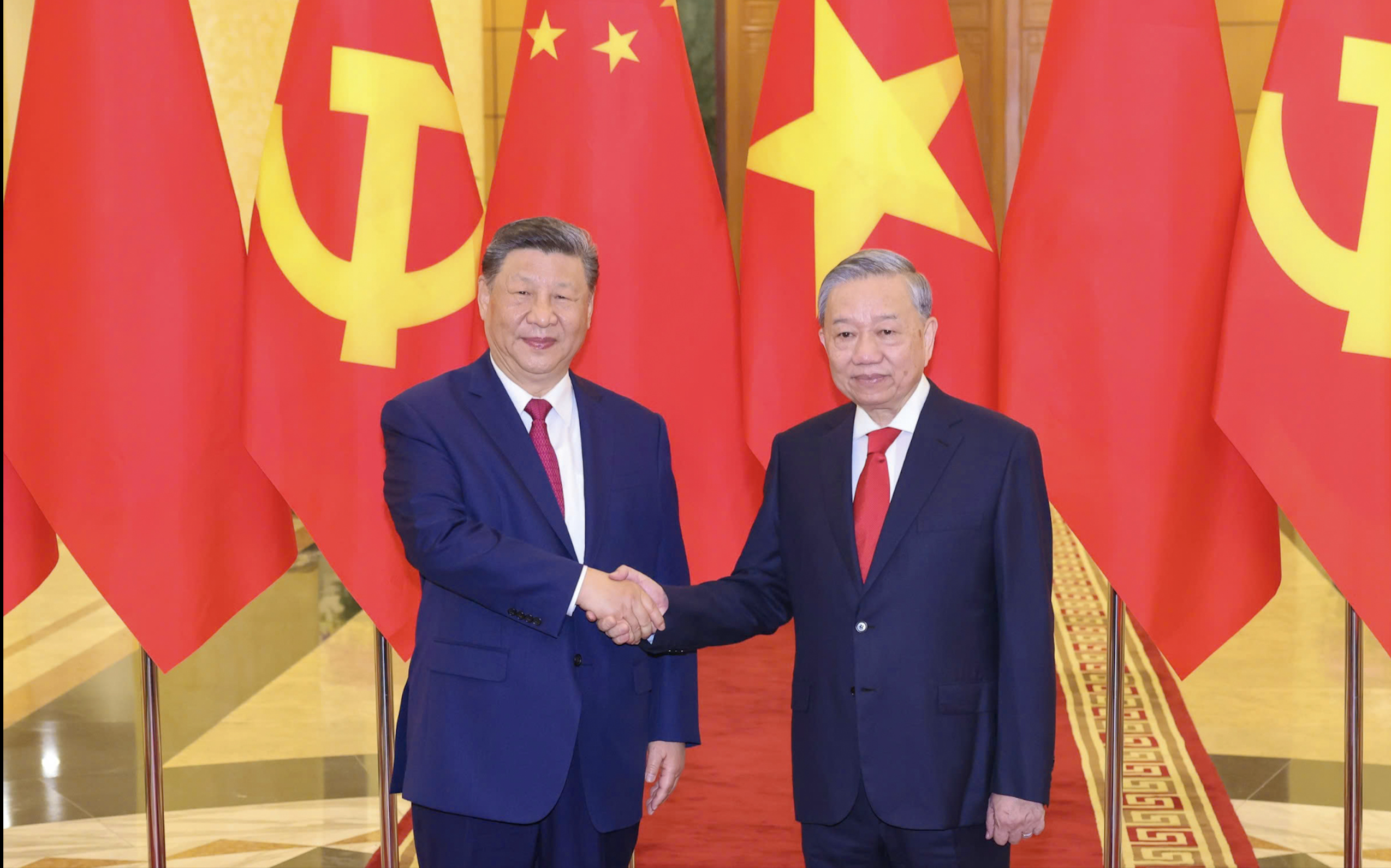
![[Photo] National Assembly Chairman Tran Thanh Man meets with General Secretary and President of China Xi Jinping](https://vstatic.vietnam.vn/vietnam/resource/IMAGE/2025/4/14/4e8fab54da744230b54598eff0070485)
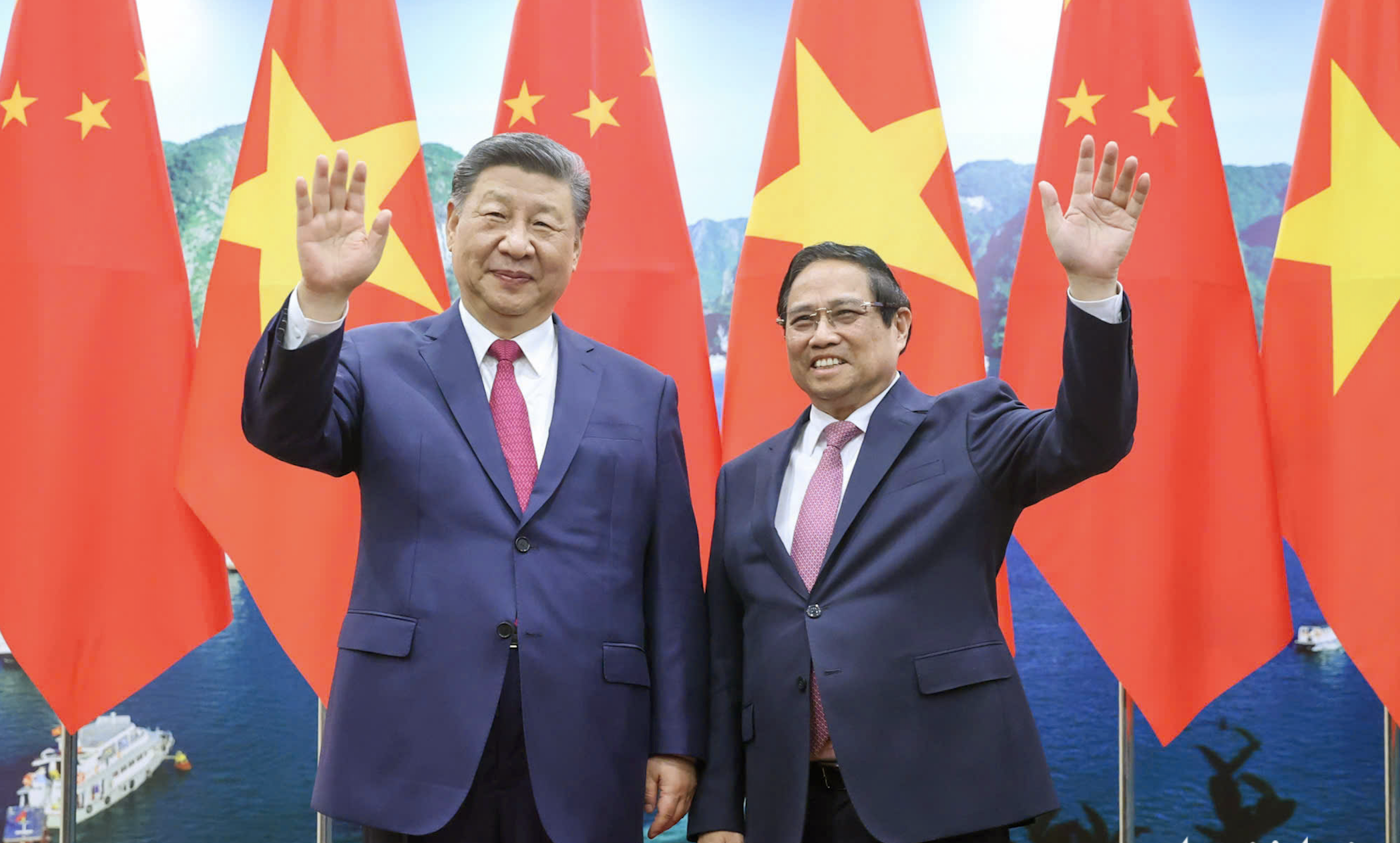
![[Photo] Reception to welcome General Secretary and President of China Xi Jinping](https://vstatic.vietnam.vn/vietnam/resource/IMAGE/2025/4/15/ef636fe84ae24df48dcc734ac3692867)
![[Photo] Tan Son Nhat Terminal T3 - key project completed ahead of schedule](https://vstatic.vietnam.vn/vietnam/resource/IMAGE/2025/4/15/85f0ae82199548e5a30d478733f4d783)
![[Photo] Prime Minister Pham Minh Chinh meets with General Secretary and President of China Xi Jinping](https://vstatic.vietnam.vn/vietnam/resource/IMAGE/2025/4/14/893f1141468a49e29fb42607a670b174)




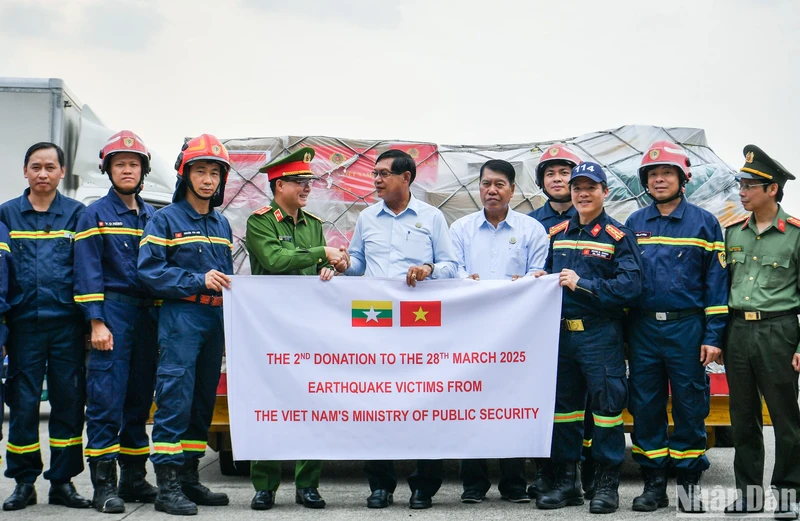

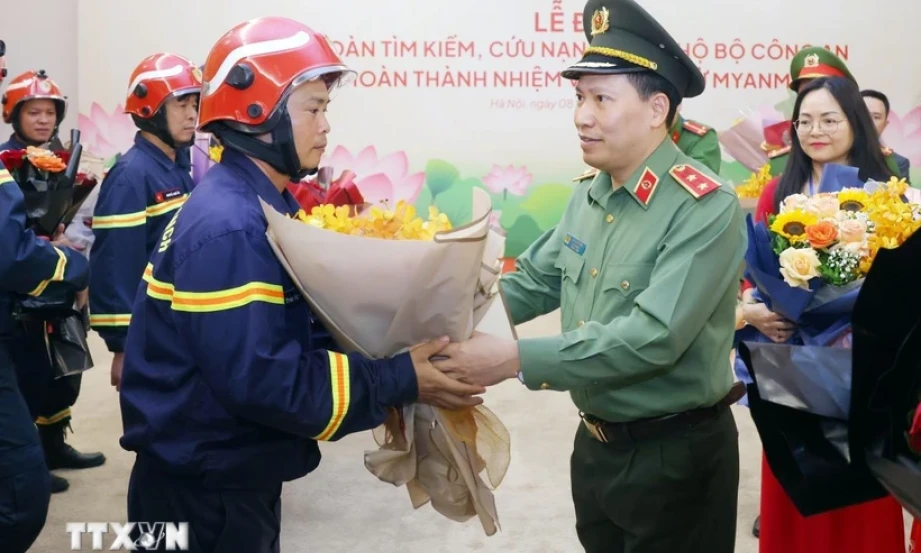
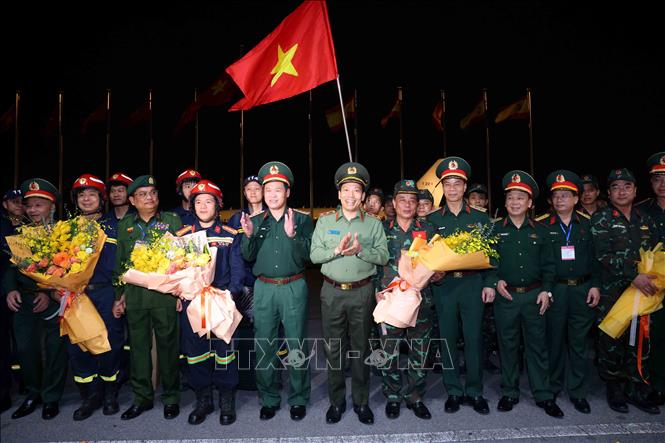



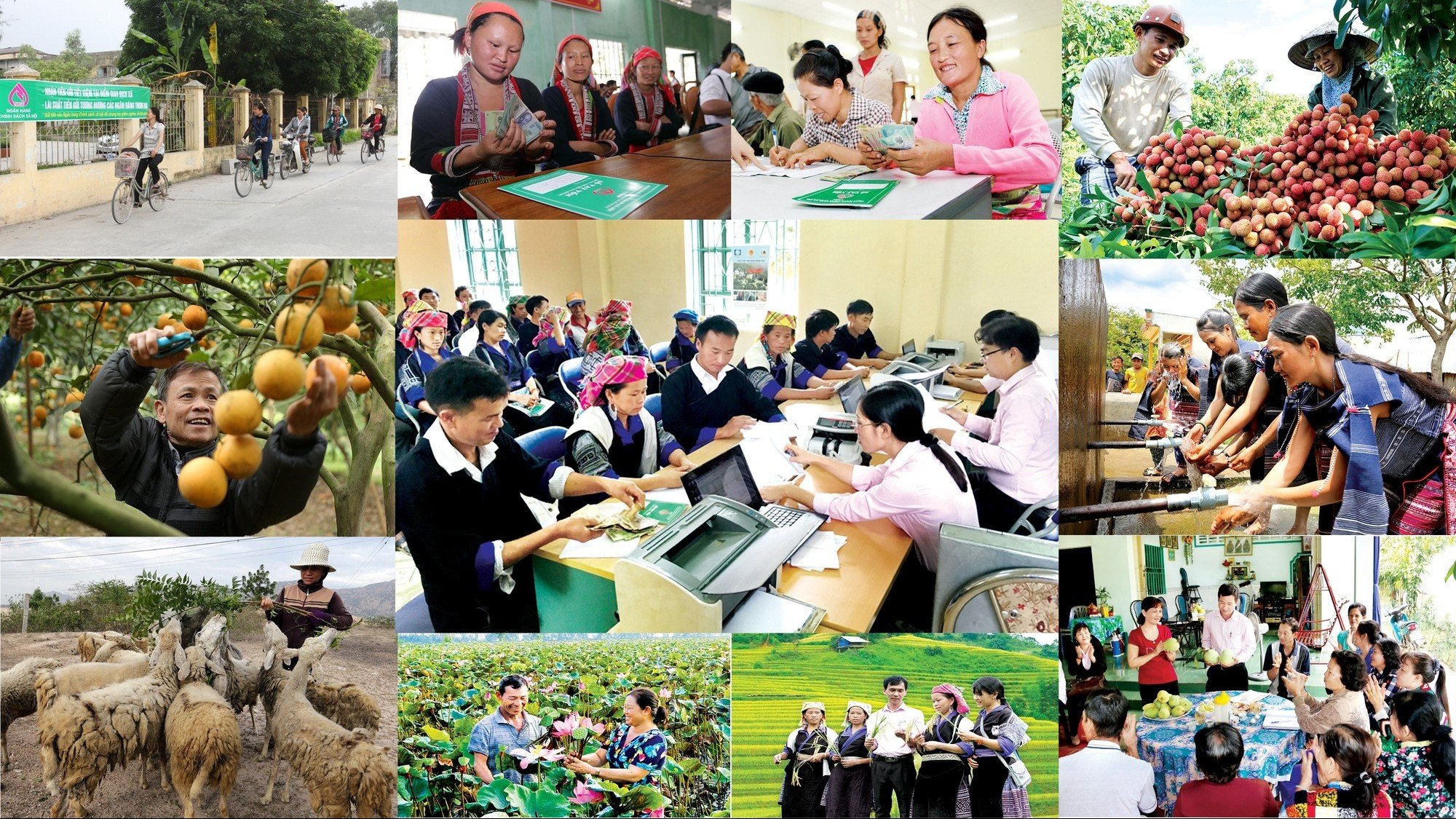
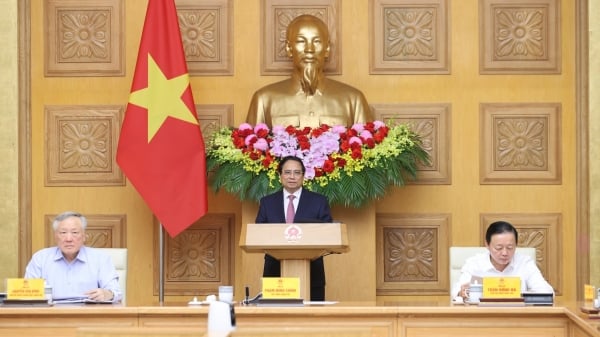
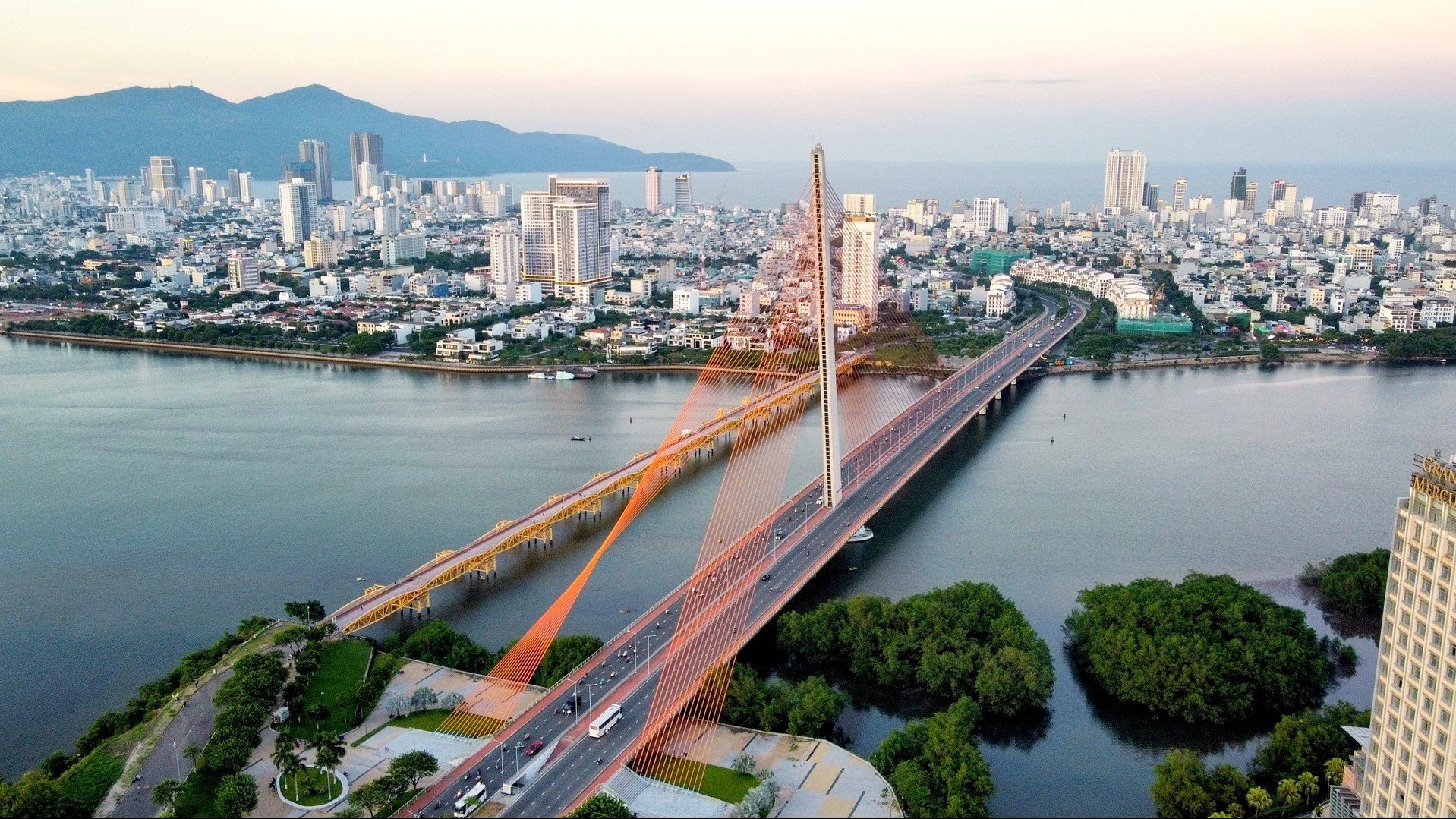
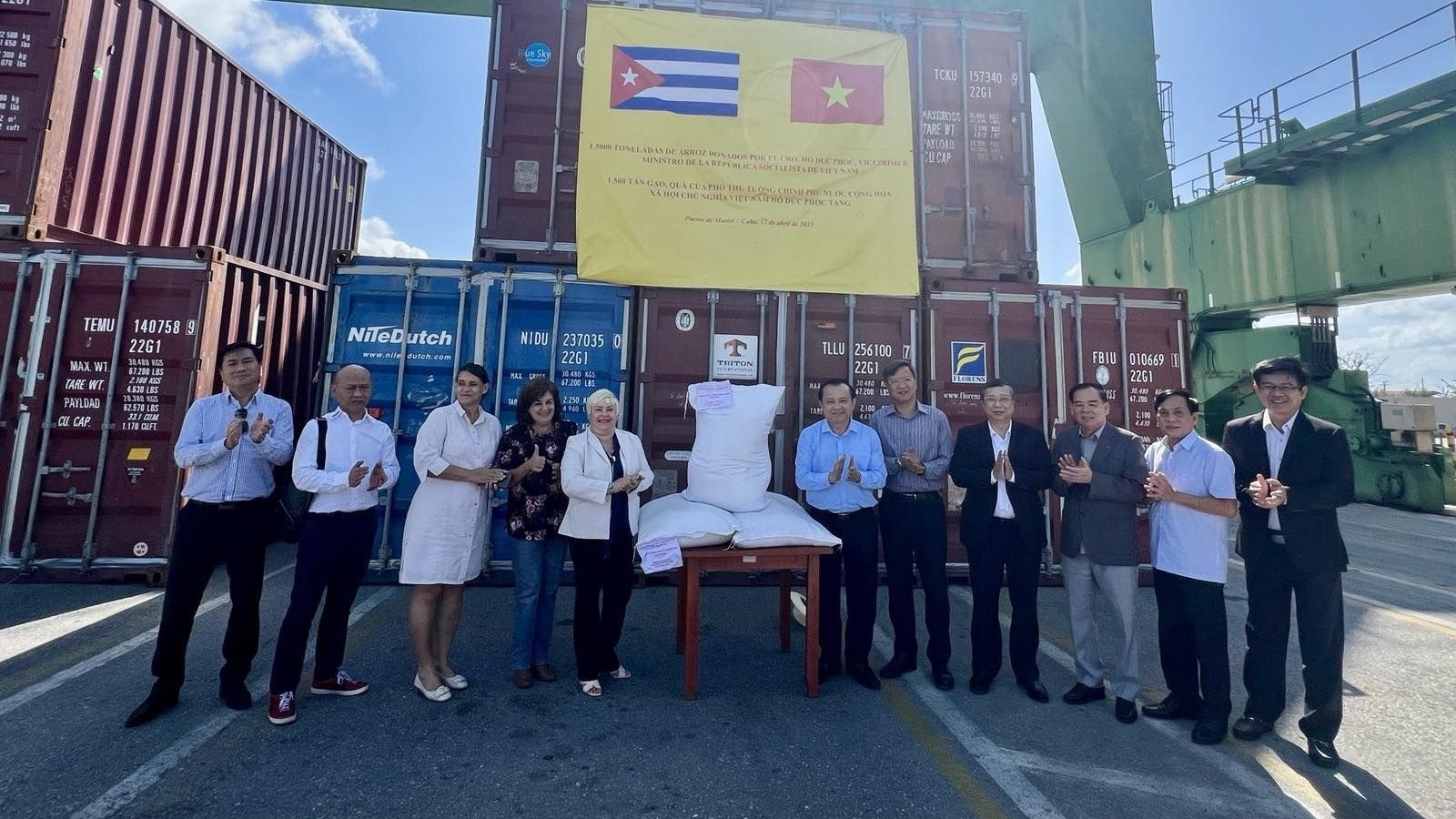
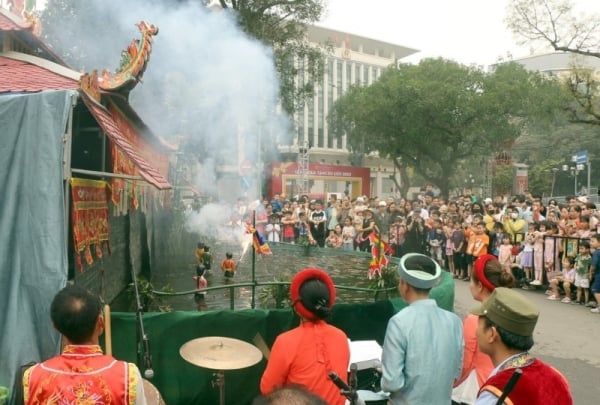
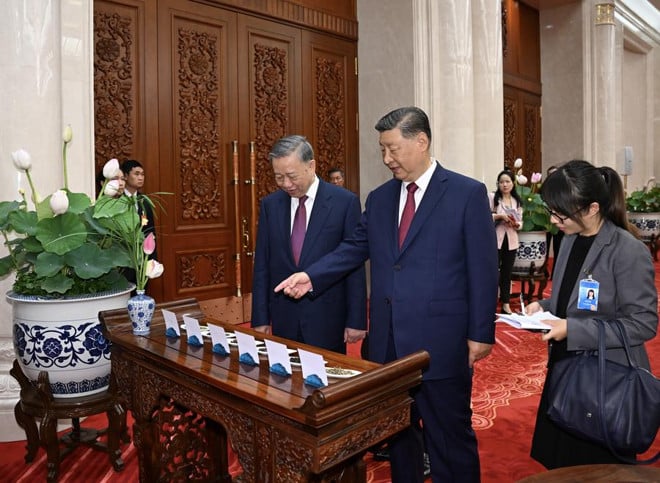




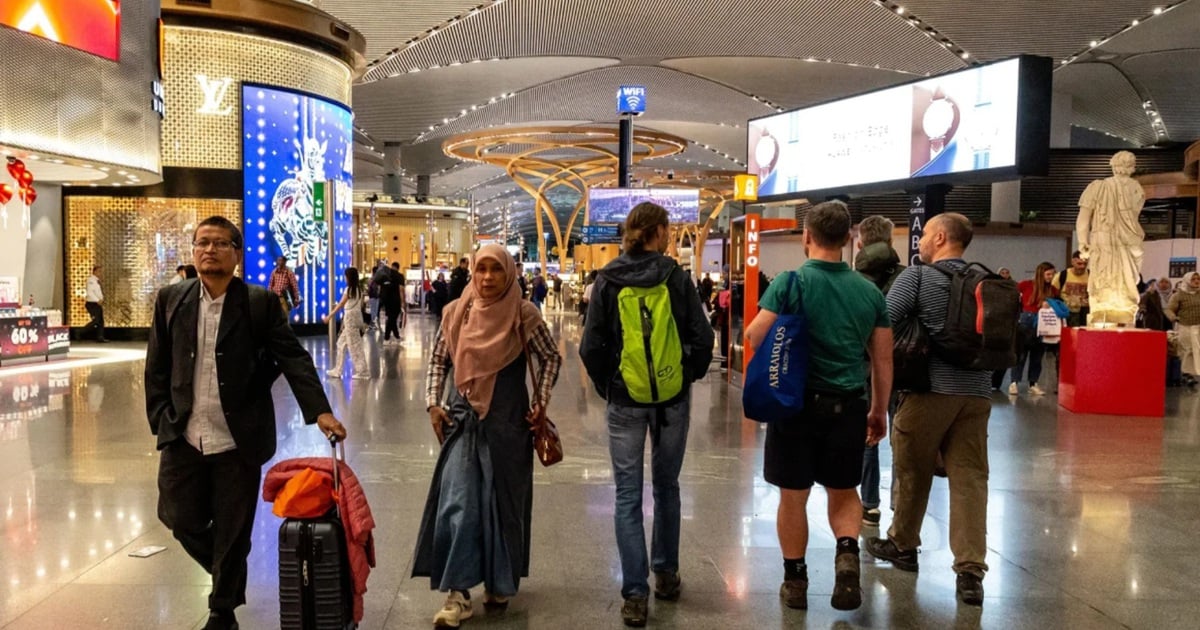




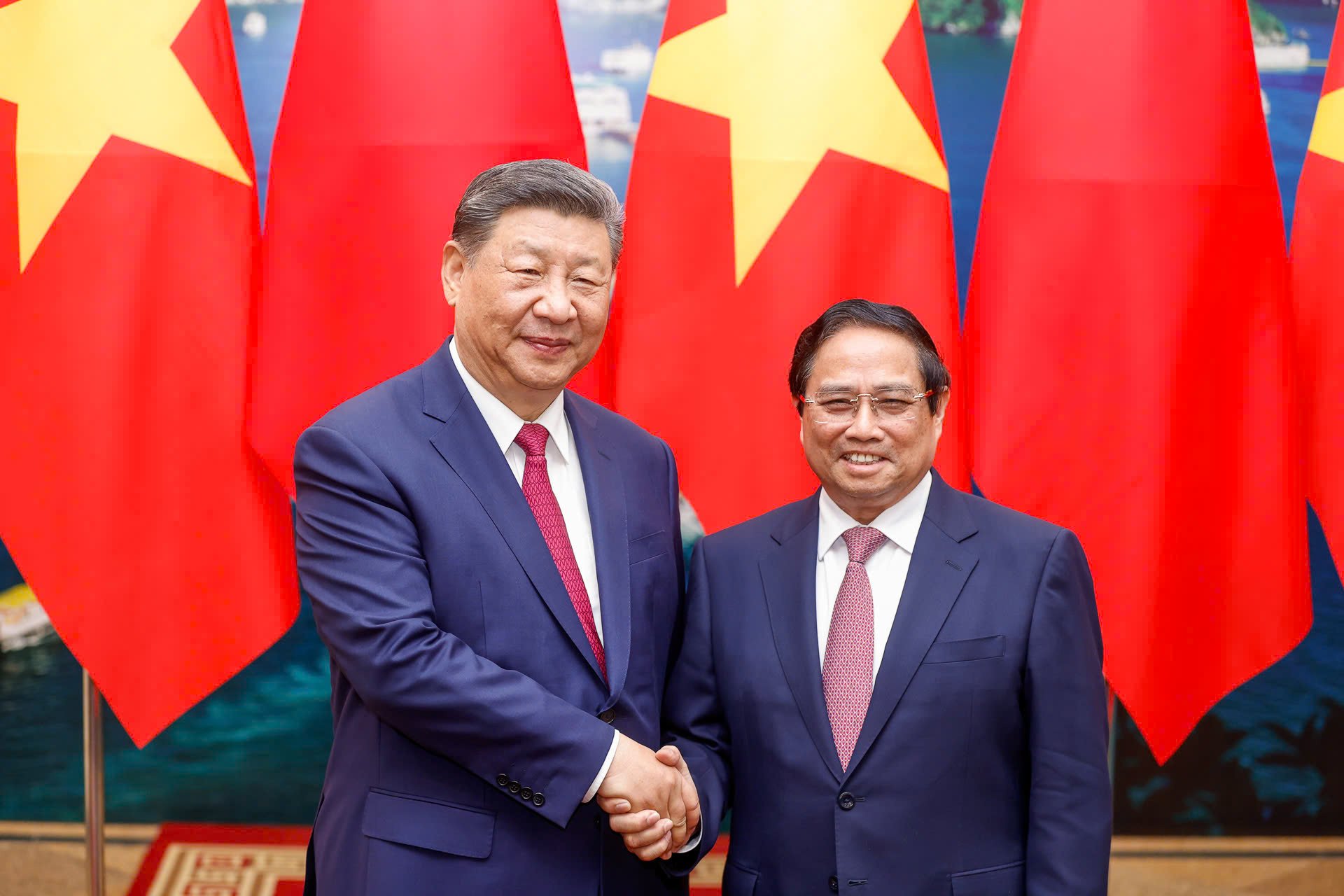


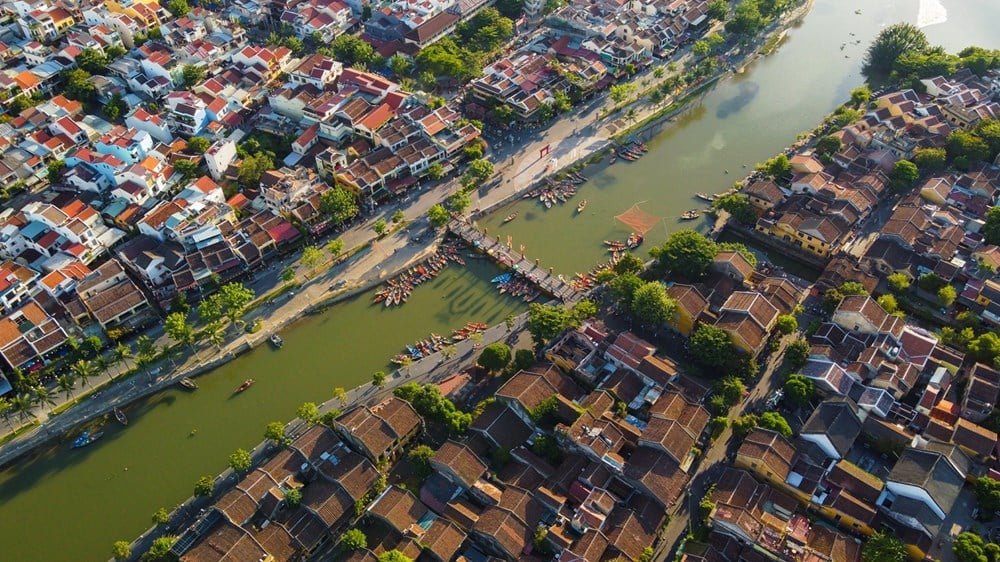

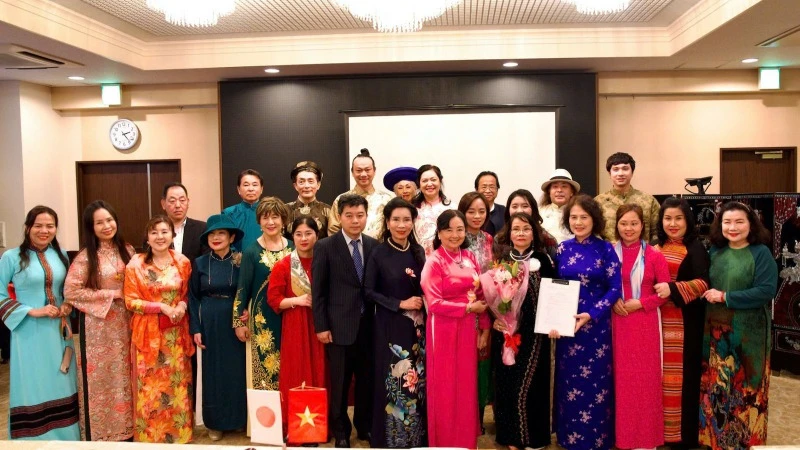




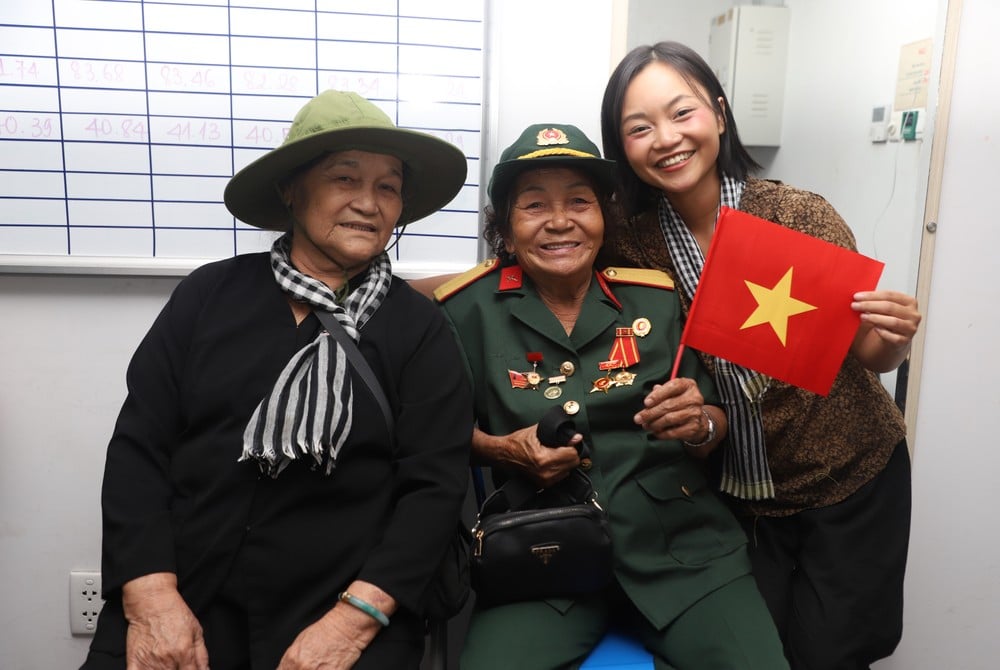







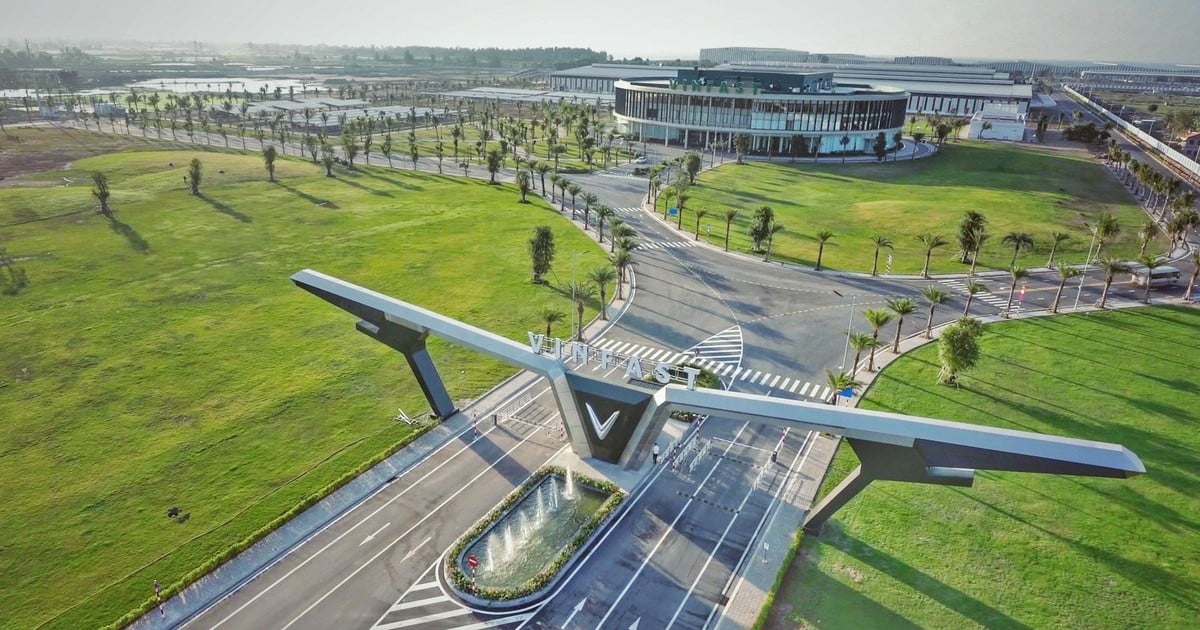
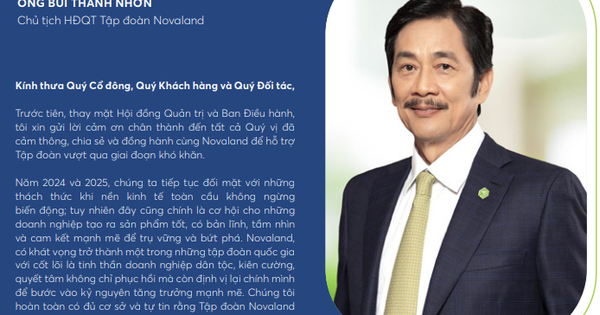










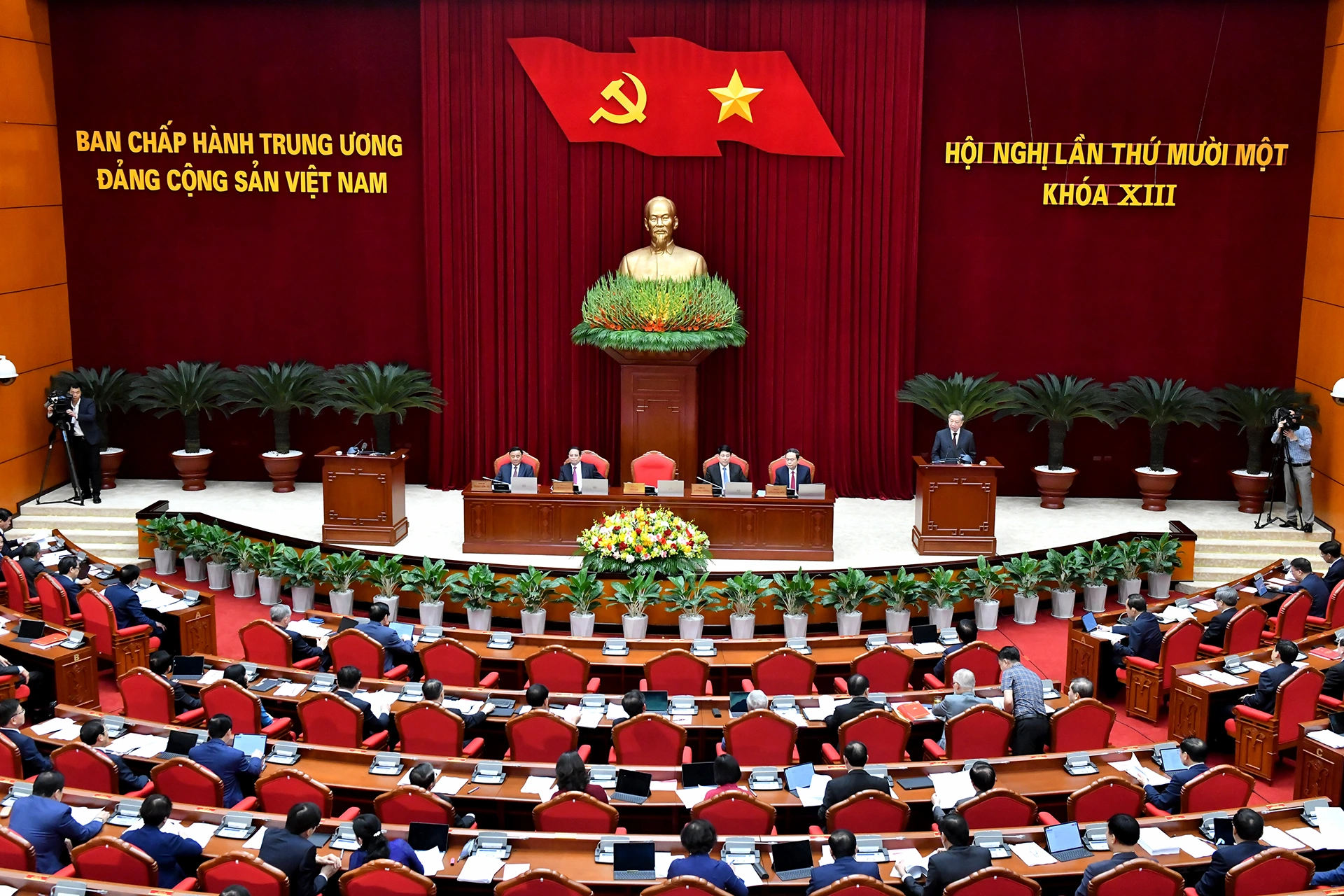

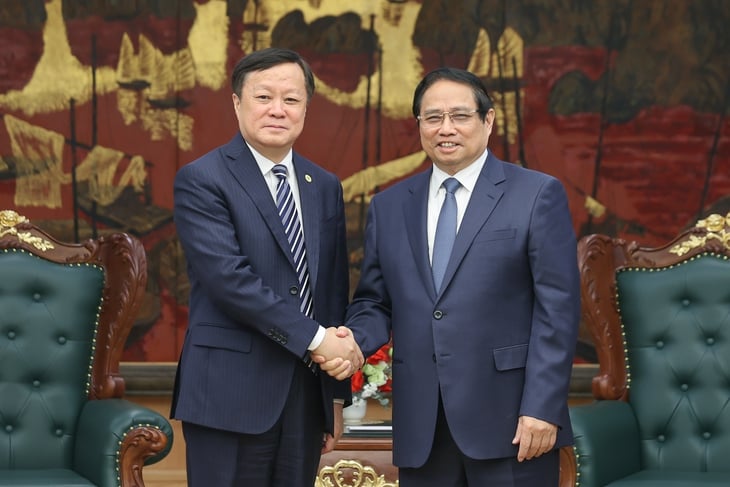



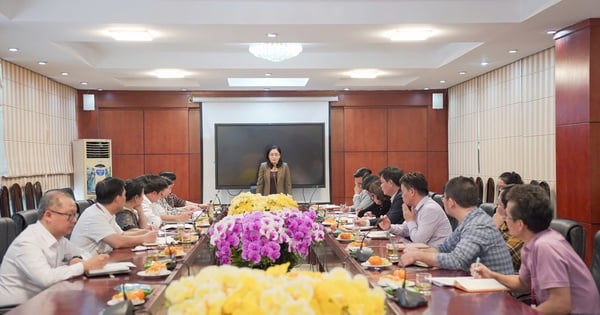
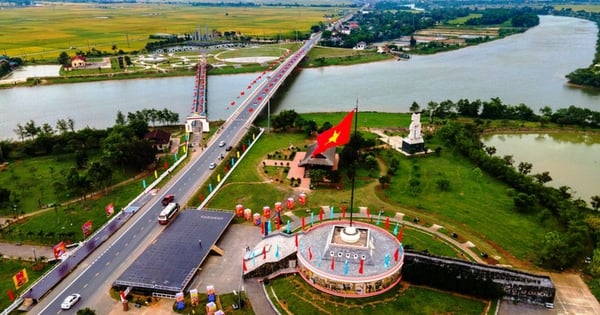



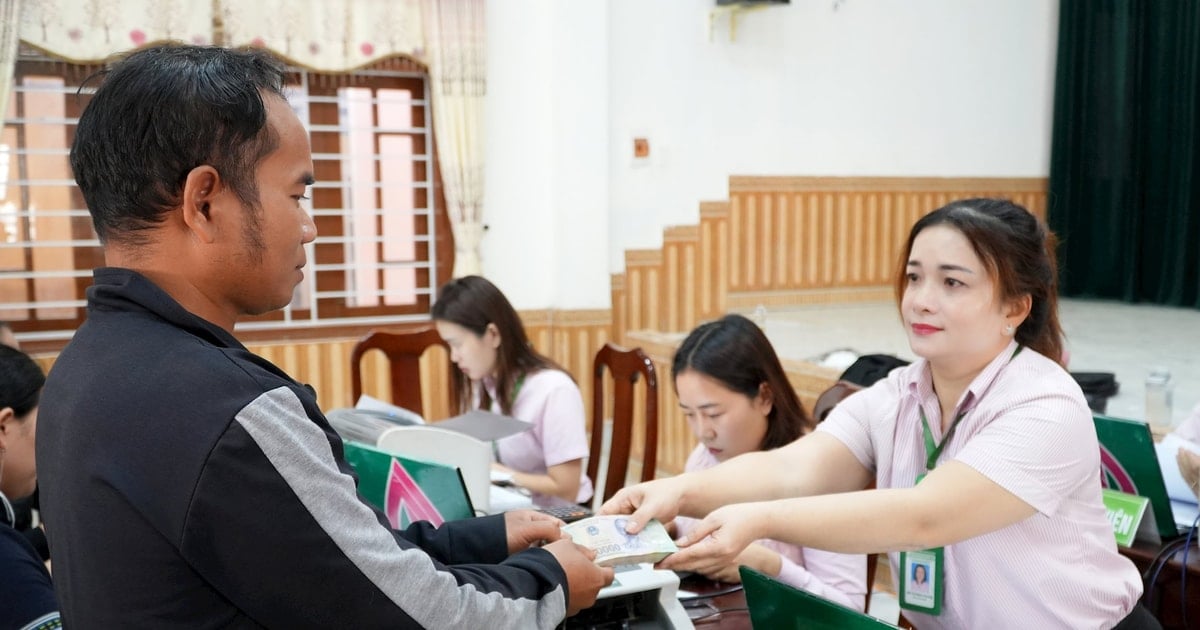

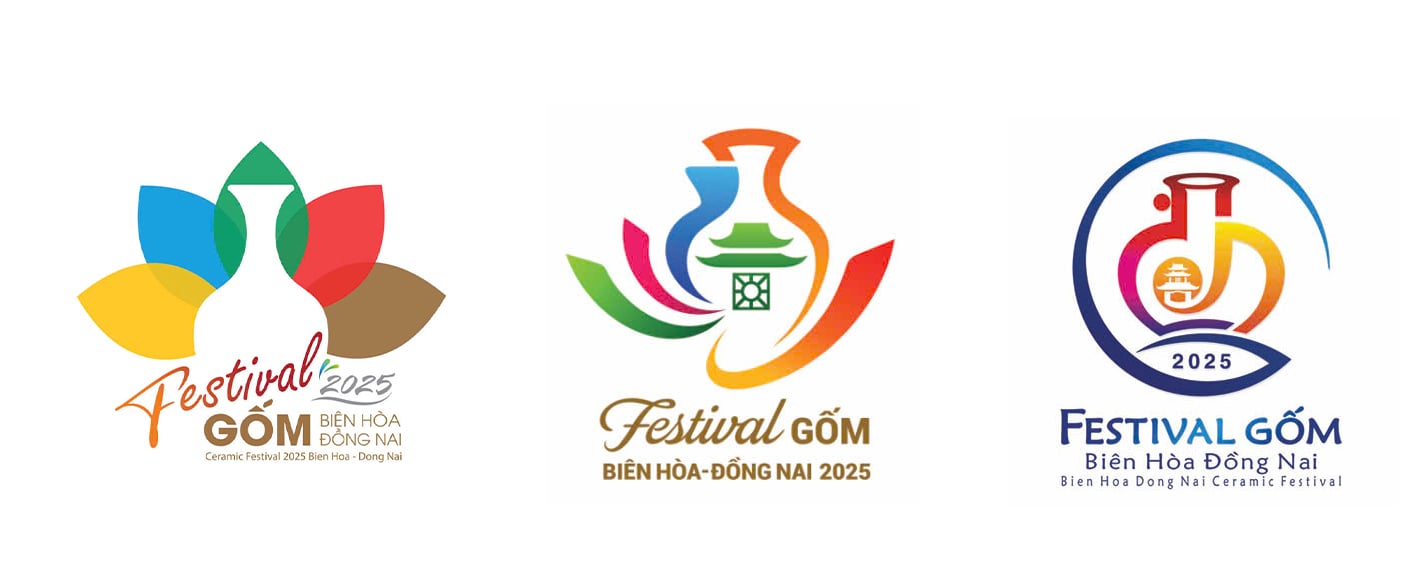

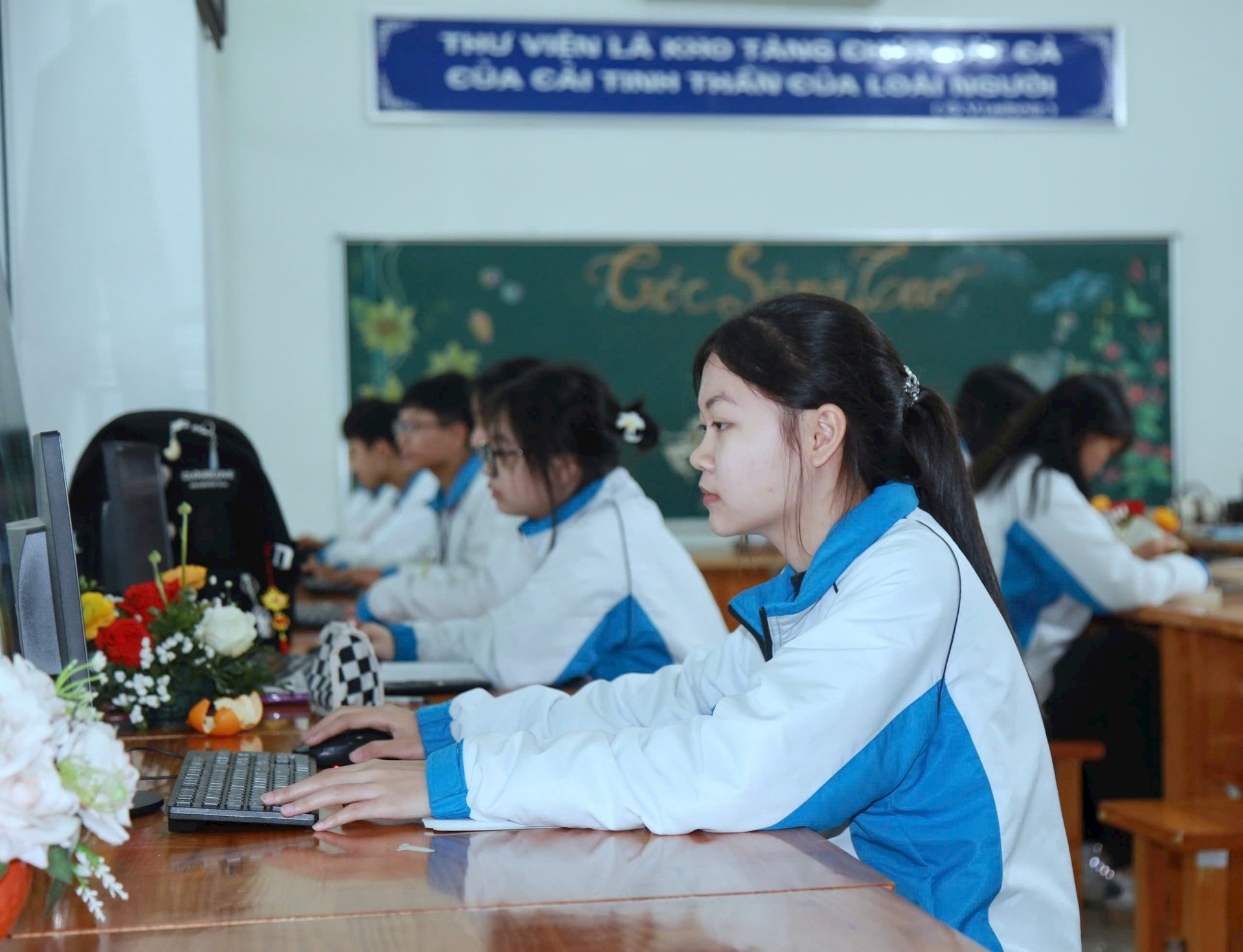

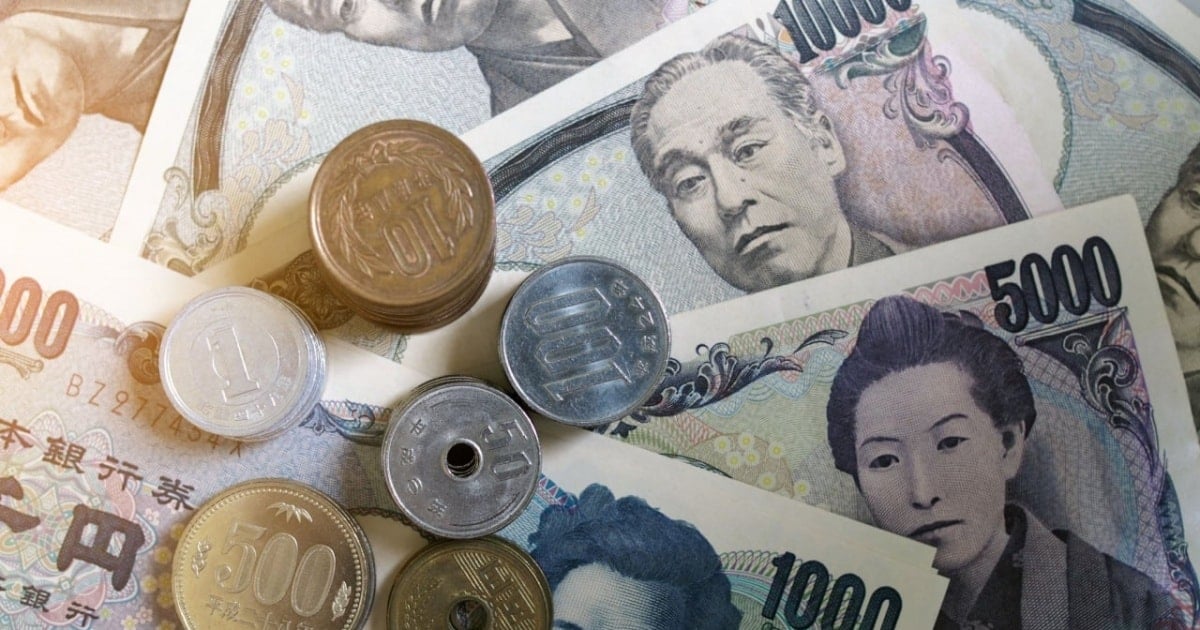

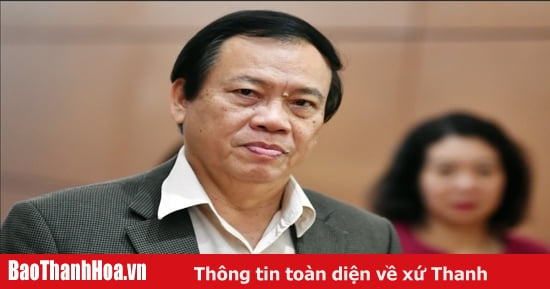


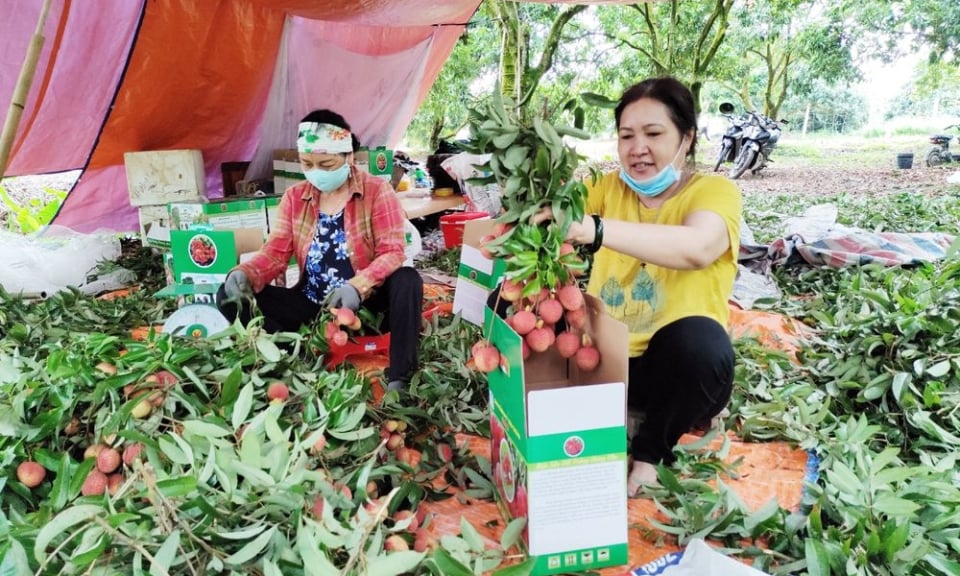








Comment (0)